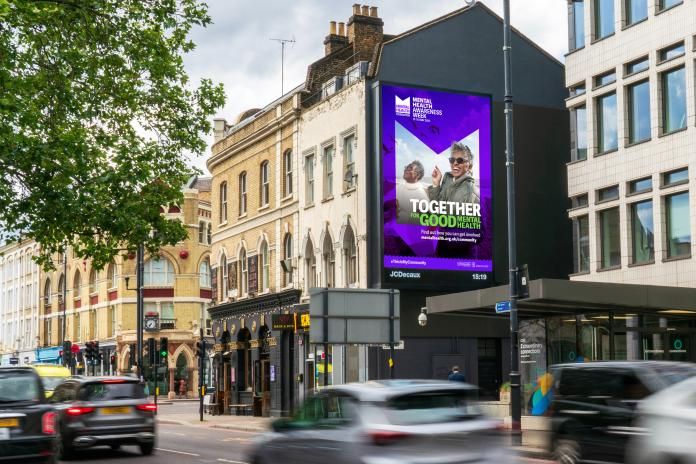11 - 17 May 2026
This Mental Health Awareness Week we’re asking people to join us in taking action to support good mental health.
Even small actions can help us feel hopeful and less powerless. And while our individual actions matter, when we come together we are even more powerful.

Action: for yourself, for someone else, for all of us
We’ve chosen Action as this year's theme because, while awareness is vital, real change comes when we take action too. Together, we’ve come a long way on mental health, but we can’t risk going backwards. There’s still much we can do to prevent people becoming unwell in the first place.
Raising awareness is vital, but real change comes when we take action
For yourself

For someone else

For all of us

Support good mental health for all
Your support helps us run Mental Health Awareness Week every year and continue our work year-round to make sure that no one is deprived of the opportunity for good mental health because of who they are, the community they come from or where they live.
Make a donation

Order a green ribbon

Partner with us
Whether you're looking to engage your staff, connect with customers, or demonstrate your values, partnering with the Mental Health Foundation during Mental Health Awareness Week is a powerful way to make an impact.
Find out more
Take part
Follow us
Keep up with all the activity during Mental Health Awareness Week.
- Facebook: @mentalhealthfoundation
- Instagram: @mentalhealthfoundation
- LinkedIn: @mental-health-foundation
- Pinterest: @ukmentalhealth
Sign up
Our email newsletter is packed with tips on how to look after your mental health and all the latest Mental Health Awareness Week updates.
About Mental Health Awareness Week
For the last 25 years, the Mental Health Foundation has been leading Mental Health Awareness Week - bringing the UK together to fight for good mental health.
Each May, millions of people from every part of society take part. They include schools and colleges, private, public and charity sectors, families and individuals. Find out more about Mental Health Awareness Week.
